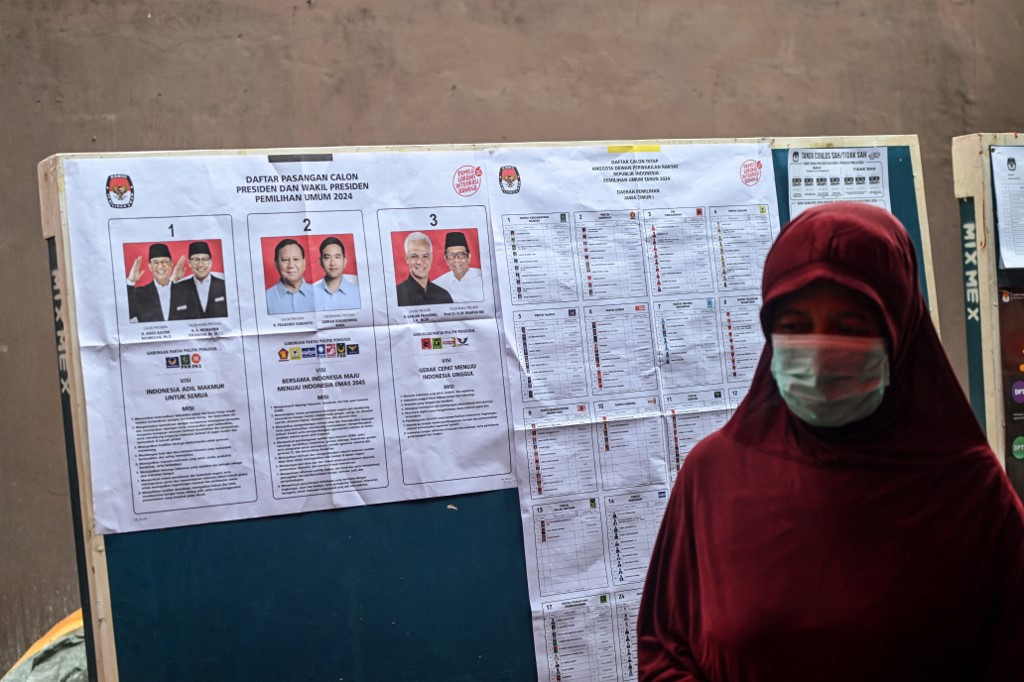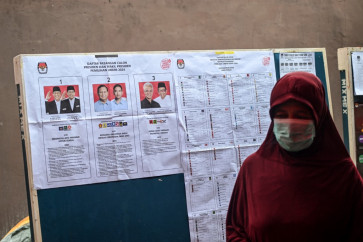Popular Reads
Top Results
Can't find what you're looking for?
View all search resultsPopular Reads
Top Results
Can't find what you're looking for?
View all search resultsMaking space for electoral innovation to realize democracy
Electoral regulations should impact the reform of representational and accountability systems, improve the quality of public deliberation and increase access to information.
Change text size
Gift Premium Articles
to Anyone
A
chieving ideal elections is no easy task. One example is Indonesia's experience with democratic elections. During the democratic transition period, the 1999 elections were overshadowed by concerns about interference by the military and established political parties.
The 2004–2019 elections faced different challenges. These included a crisis of procedural integrity (fraud, vote buying practices and fictitious voter lists), technological limitations and the weak institutionalization of political ethics.
According to several parties' evaluations, the 2024 elections present even more significant structural challenges. The problems are not merely technical ineffectiveness and declining participation. The most recent elections presented the challenge of a crisis of confidence in democratic values resulting from a degradation in political ethics.
These recurring and evolving problems also underpinned changes to election regulations. The 2025 National Legislation Program (Prolegnas) stipulates revisions to Election Law No. 7/2017 and Regional Election Law No. 10/2016, which amends Law No. 1/2015, as a priority.
One formal action that we can take to address various election issues is to open up space for innovation in election regulations. Formal guarantees for electoral innovation are crucial to continuously improving electoral rules and practices.
In theory, electoral innovation can refer to political innovation. According to some scholars, political innovation transforms all aspects of the political system, including procedures, power structures, discourse and technology. Combined with other ideas, the conclusion is reached that political innovation is a creative, multi-level, cross-actor, contextual transformation of the political system.
Political innovation is not solely the domain of formal, centralized institutions. Rather, it is decentralized and adapts to local and regional contexts. It also involves informal actors. Meanwhile, scholar JS Dryzek's 1992 work emphasizes the importance of a normative-deliberative essence. Political innovation redesigns political institutions for the sake of freedom and the common good. It focuses on technical institutional engineering, fundamental changes in public deliberation and values-based community autonomy.



















